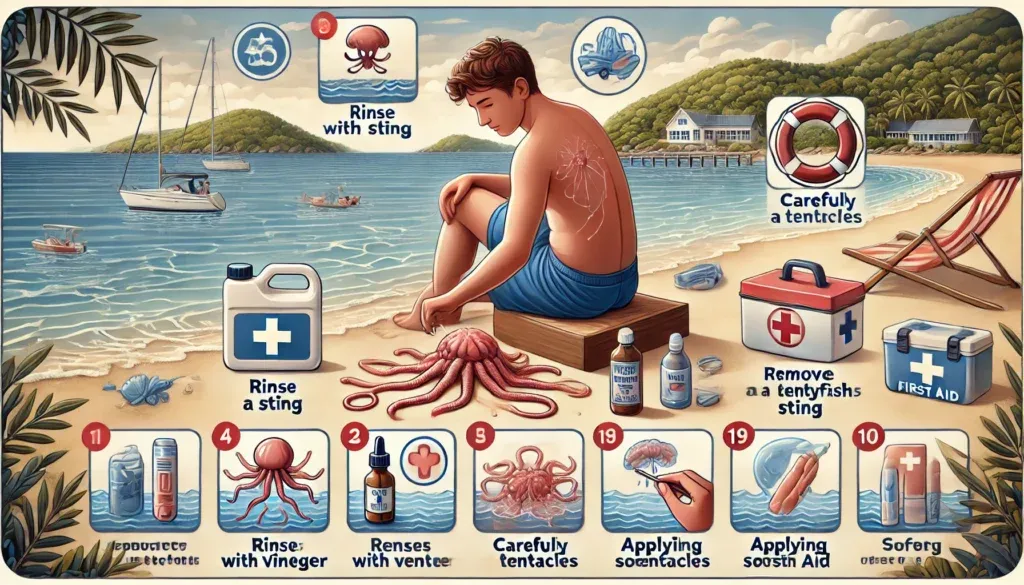| Author | Dr. Alex Thorne |
| Credentials | Board-Certified Entomologist and Clinical Toxicologist |
| Author Bio | Dr. Thorne specializes in venom research and emergency first aid. |
| Medically Reviewed By | Dr. Elara Vance, M.D., F.A.C.E.P. (Board Certified Emergency Medicine) on October 25, 2025. |
| 🔑 Key Takeaways |
| For most people, uncomplicated bed bug bites will heal and disappear entirely within one to two weeks. However, the healing time is highly variable and depends on individual sensitivity, whether the bite was scratched, and if the infestation is still present. Severe reactions or bites that are scratched open and become infected may take three weeks or longer to resolve. |
Typical Healing Timeline
The healing process for bed bug bites is rarely linear and depends heavily on the individual’s immune response to the insect’s saliva.
| Stage | Timeline | Appearance & Status |
| Symptom Onset | Hours to 14 days after the bite (highly variable). | Bites appear as itchy, red, raised welts, often in a line or cluster. |
| Acute Reaction | 2–5 days. | Peak swelling and itching. Topical creams and antihistamines are most effective during this phase. |
| Resolution | 7–14 days. | Swelling subsides, and the bite marks fade. |
| Long-Term Marks | Weeks to months. | On sensitive or darker skin, a flat, brownish patch (post-inflammatory hyperpigmentation) may remain after the raised welt is gone. |
2. Factors That Prolong Healing Time
Several factors can cause bed bug bites to persist or delay the healing process significantly beyond the typical two-week timeframe:
- Individual Sensitivity: People who are more allergic to the bite saliva will experience more severe swelling and larger welts (sometimes blistering), which naturally take longer to resolve.
- Scratching and Infection: This is the most common cause of delayed healing. Vigorous scratching breaks the skin, allowing bacteria (like Staphylococcus) to enter. The resulting secondary infection requires antibiotics and can prolong the healing time to three weeks or more, often resulting in permanent scarring.
- Ongoing Infestation: If the underlying bed bug problem is not solved, new bites will appear every few days, preventing the skin from ever fully healing and causing a continuous cycle of irritation and anxiety.
3. How to Speed Up Healing
The best way to ensure rapid healing is to control the symptoms and prevent new bites.
| Healing Strategy | Action | Rationale |
| Reduce Itch/Inflammation | Apply 1% Hydrocortisone Cream (OTC) and take Oral Antihistamines. | This calms the immune system’s inflammatory response, which is what causes the persistent itch. |
| Prevent Infection | DO NOT scratch the bites. Wash the bite areas with soap and water daily. | Clean skin prevents bacteria from invading the wound created by scratching. |
| Eliminate the Cause | Contact a professional exterminator immediately. | As long as the bed bugs are present, new bites will appear, making healing impossible. |
If you’d like a more visual guide to the symptoms, appearance, and treatment of bed bug bites, the following video offers helpful information: Doctor explains BED BUGS – including SYMPTOMS, TREATMENT AND PREVENTION.
When to See a Doctor
Seek medical advice if your bed bug bites:
Become increasingly red, swollen, or warm to touch
Show signs of pus or infection
Are accompanied by fever or allergic reactions (e.g., difficulty breathing)
In such cases, you may need prescription-strength steroid creams or antibiotics.
Preventing Bed Bug Bites in the Future
Inspect mattresses, headboards, and bed frames regularly.
Wash bedding in hot water weekly.
Use mattress protectors or encasements designed for bed bugs.
Call pest control if the infestation persists.
Final Thoughts
So, how long for bed bug bites to heal? In most cases, you can expect the itching and redness to fade within one to two weeks, with complete healing in about three weeks. However, quick treatment, good hygiene, and avoiding scratching are key to faster recovery. Remember—prevention is always better than cure. Keep your sleeping environment clean and pest-free to avoid future bites.







